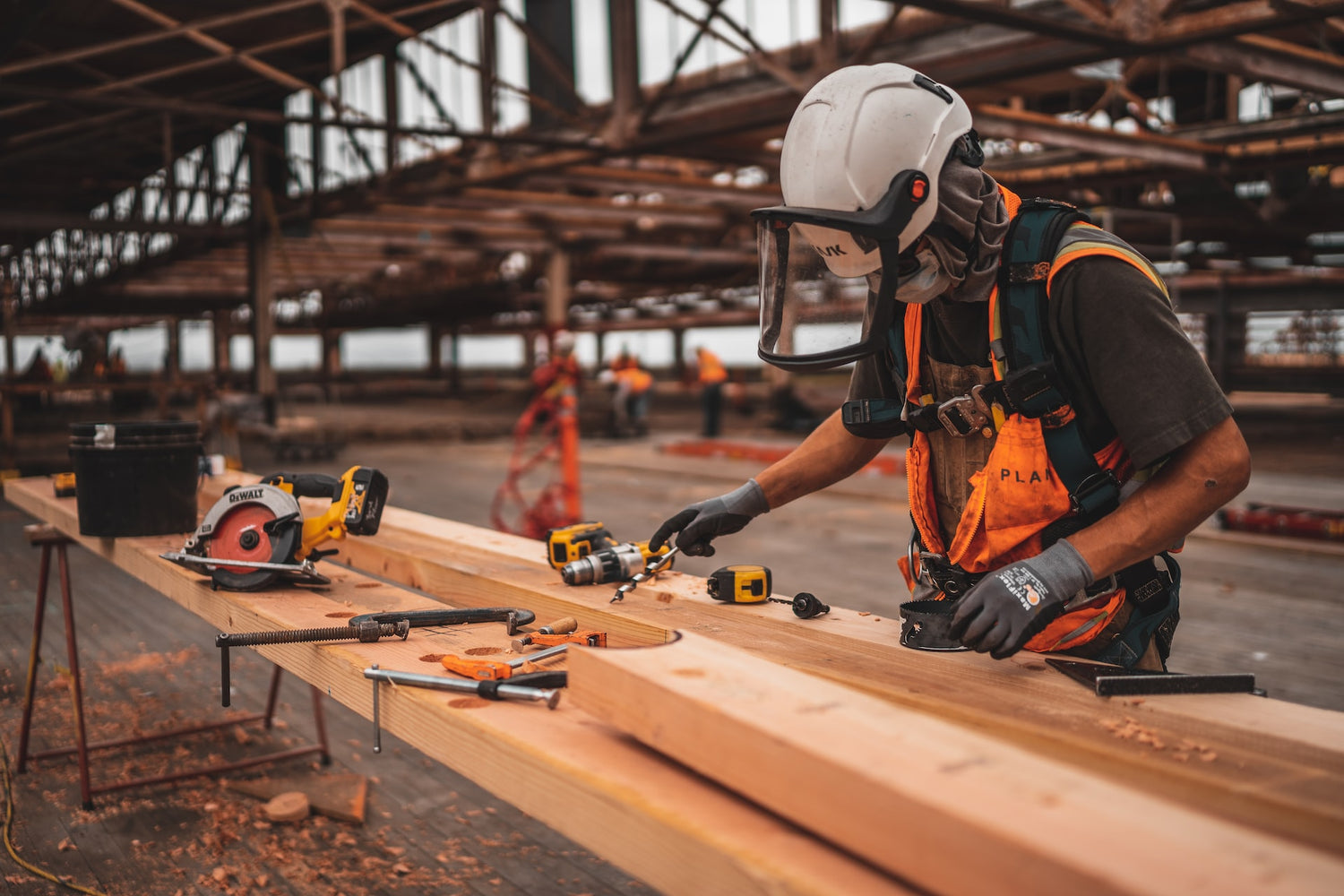In the world of industry, noise is a constant presence, whether it's the hum of machines in a factory or the roar of equipment in a manufacturing facility. However, excessive noise can have adverse effects on both workers and operational efficiency. This is where noise studies come into play. In this article, we will explore what a noise study entails, why it is of paramount importance in industrial settings, the advantages it offers, the key steps in conducting one, and the compelling reasons to enlist the services of Health and Safety professionals.
What Is a Noise Study?
A noise study is a systematic assessment of the acoustic environment within an industrial setting. Its objective is to measure, analyze, and evaluate noise levels, potential sources of noise, as well as the effects on individuals and the industrial ecosystem. The primary goal is to understand the impact of noise on health, well-being, and operational efficiency, while also implementing appropriate noise mitigation measures.
Why Is a Noise Study Vital in Industry?
L
The significance of a noise study within the industrial sector stems from the profound impact of noise on both human and operational factors. Here are compelling reasons why it's crucial:
1. Health Protection:
Excessive noise exposure can lead to health issues such as hearing loss, sleep disturbances, stress, and cardiovascular problems. A noise study identifies potential health risks.
2. Comfort and Quality of Life:
A quieter environment enhances worker comfort and quality of life, resulting in increased job satisfaction and well-being.
3. Regulatory Compliance:
Numerous regulations and standards prescribe noise limits to safeguard health and the environment. A noise study ensures compliance with these legal requirements.
Expected Benefits of a Noise Study
When a noise study is conducted professionally, several advantages can be anticipated:
1. Risk Reduction:
Early identification of noise sources enables proactive measures to reduce health and safety risks.
2. Environment Enhancement:
Understanding noise sources allows for the implementation of solutions to minimize noise pollution and improve the industrial environment.
3. Legal Compliance:
Adherence to noise regulations mitigates legal risks and ensures that the industrial operation is in compliance with industry standards.
Key Steps in Conducting a Noise Study
-
Needs Assessment: The first step is to determine why you need to conduct a noise study, whether it's in an industrial environment, a residential area, or any other specific context.
-
Data Collection: Using specialized measurement equipment, data is collected regarding the existing noise levels in the study area.
-
Data Analysis: The collected data is then analyzed to identify potential noise sources and assess their impact on health and the environment.
-
Designing Solutions: Based on the results of the analysis, noise mitigation solutions are developed. These may include engineering measures such as acoustic insulation, process modifications, or changes in work schedules.
-
Implementation: Once the solutions are defined, they are implemented on the industrial site or in the studied area. This may involve structural changes, operational adjustments, or the use of noise attenuation devices.
-
Monitoring and Reporting: After the implementation of solutions, monitoring measures are conducted to assess their effectiveness. Detailed reports are generated to document compliance with standards and provide ongoing recommendations.
Why Engage Health and Safety Professionals?
It is essential to engage Health and Safety professionals to conduct a noise study in an industrial environment. They bring specialized expertise in noise measurement and mitigation, are familiar with relevant regulations, and can propose suitable solutions to protect worker health and ensure legal compliance.
In conclusion, a well-executed noise study is an indispensable tool for understanding and mitigating the impact of noise on health, well-being, and operational efficiency in industry. By engaging Health and Safety professionals, you invest in a healthier, more productive industrial environment that meets legal standards.
Let's not forget that noise can have profound repercussions, and a meticulous noise study can significantly mitigate them.







